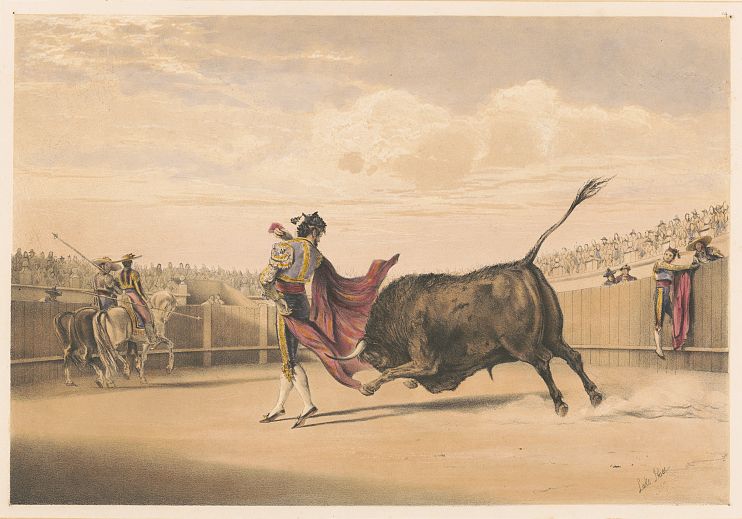
Bullfighting, known as "Corrida" in Spanish, is a centuries-old tradition deeply woven into the cultural fabric of Spain. While passionately revered by many as an art form, the practice is equally criticized, inciting discussions about morality, animal welfare, and tradition. This article aims to explore both perspectives and delve into the fascinating history of bullfighting in Spain.
History of Spanish Bullfighting
Bullfighting in Spain traces its roots back almost a thousand years. It has evolved over the centuries, witnessing the transformation from a display of raw courage and valor into a highly ritualized spectacle filled with pageantry and tradition.
Early evidence of bullfighting can be found in the Iberian peninsula's prehistoric cave paintings, suggesting the ritualistic killing of bulls as a form of worship to the gods. The tradition was fortified during the Roman Empire as a popular spectator sport and later refined into the modern Corrida of the 18th century.
The Ritual of Corrida
The modern Corrida is a three-part ritual:
-
The Tercio de Varas: The Matador (bullfighter) initiates the process by attracting the bull with his cape. Then, the picadors, mounted on horses, pierce the bull’s neck muscles.
-
The Tercio de Banderillas: The banderilleros, running on foot, aim to plant sharp, barbed sticks (banderillas) into the bull's back.
-
The Tercio de Muerte: In the final act, the Matador, armed with a sword and a smaller red cape, leads the bull in a series of balletic passes, aiming to demonstrate his control and courage. This culminates in the matador attempting to kill the bull swiftly with one clean sword thrust.
An important aspect of the Corrida lies in the artistry and skill required in the performance, emphasizing the matador's bravery, quick thinking, grace, and absolute dominance over the bull.
Controversial Tradition
Despite its deep roots, bullfighting has not remained immune to criticism, and the tradition has become increasingly controversial, particularly focusing on:
-
Animal welfare: Critics argue that bullfighting is an inherently cruel practice, causing unnecessary suffering to bulls for mere entertainment.
-
Declining interest: Although key cities like Madrid and Seville still host regular bullfights, interest in the practice across Spain—particularly among the younger generation—continues to decline.
-
Cost: Maintaining bullfighting arenas and subsidizing fights are often seen as poor use of public resources.
However, supporters of the tradition argue that it upholds the cultural heritage, contributes significantly to the economy through tourism, and symbolizes the collective identity of Spain.
The Future of Bullfighting in Spain
The future of bullfighting in Spain remains uncertain. Some regions of Spain, such as Catalonia, have already banned the practice due to ethical considerations and declining interest. Yet, others, like Andalucia, still fervently celebrate the tradition.
While it is unclear whether the tradition of bullfighting will continue to play a significant role in Spanish culture, the escalating controversy suggests that Spain, like the matador and bull engaged in their dance, is wrestling with modern values and centuries-old traditions.
As spectators of time, we can only wait and see where the final act of this drama will lead.